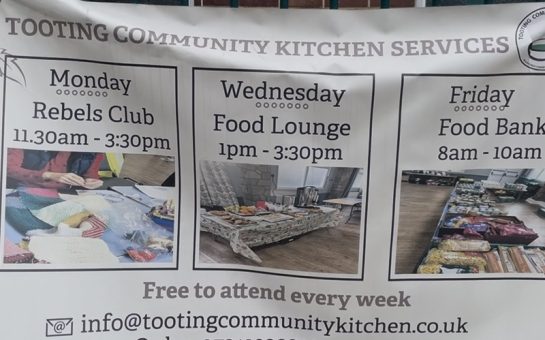Basit Mahmood talks to a campaigner, a former prisoner and prison governor about the importance of using books to turn around the fate of convicts.
When discussing prisons, the first thing we think of is usually rioting and cramped conditions.
Very rarely does education — so central to the rehabilitation of prisoner’s lives — spring to mind.
The UK has the highest prison population in the EU and 44% of adults are reconvicted within one year of release.
Why is the re-offending rate so staggeringly high?
Half of prisoners in the UK are functionally illiterate and without qualifications many ex-offenders are unlikely to secure employment, meaning for some they will be drawn into an endless cycle of re-offending.
Ex-prisoner Cody Lachey, 34, described in damning terms just why prison without learning and education doesn’t work, with many ex-offenders struggling to integrate into wider society upon release.
He said: “If individuals are to stand a chance of rehabilitation they need training courses.”
Though he readily accepts that for a number of prisoners, rehabilitation may never occur unless they are willing to engage with learning, he nonetheless views education as being crucial in helping ex-offenders break a cycle of reoffending and turn their lives around.
He recalls writing letters and documentation for other inmates in prison who struggled to read or write and many of whom faced a bleak future upon release, meaning they would easily be caught up in reoffending.
He said: “Brutalising prisoners isn’t conducive to reform or rehabilitation.
“We need to make students out of our prisoners.”
Yet it wasn’t just about getting a number of qualifications under your belt for Mr Lachey that mattered, education is also a means through which to achieve mental stimulation, something that is hard to come by when most of your day is spent behind a cell.
He said: “The most dangerous thing in prison is your own thoughts; you need mental stimulation.”
Yet present conditions in prisons are far from conducive to helping prisoners to learn and in turn rehabilitate.
Luke Billingham, 26, is a trustee of Haven Distribution, a charity that sends books to prisoners.
He described in detail how staff shortages have meant prisoners being unable to visit the library, as well as prison lockdowns and prisoners having classes cancelled altogether.
Mr Billingham also believes that establishing effective meaningful relationships of support for prisoners is key in ensuring that prisoners make use of educational opportunities and hence turn their lives around.
He said: “The nature of staff matters; prisons need to have people who care.
“Rich, meaningful and strong relationships around education between staff and prisoners is most effective.”
Both Mr Billingham and Mr Lachey highlighted the problem of individuals with shorter sentences being overlooked when it came to learning opportunities for prisoners.
Mr Lachey said: “With shorter sentences, there aren’t many courses you can do.”
Mr Billingham added: “Short sentences don’t work. Governors have complained about shorter sentences, it’s harder to work with people to change.”
He also highlighted the important role of books in prison, with much learning taking place within cells themselves.
Among the most important books the charity are asked for were dictionaries and thesauruses.
Yet prison libraries are not well stocked, with some books being references only.
Mr Lachey said: “In prison libraries, the books are outdated, there are no educational books, the books are mainly sci-fi and donations made from others, the book selection itself is very poor.”
Ian Bickers, 50, who used to be executive governor at HMP Wandsworth and is now a deputy director at the Ministry of Justice, spoke about never underestimating the power of education in prison.
He said: “Education enables prisoners to change their lives.”
Mr Bickers also stressed the importance of tackling the more general preconceptions of what it means to be in education, a barrier he feels needs to be overcome if prisons are to be effective places of learning and rehabilitation.
Prisons can be an environment for learning for both older and young alike.
Yet for Mr Bickers, doing things differently through the use of technology and innovation in prisons is key to improving learning outcomes and hence rehabilitation, an issue that he feels has been clearly overlooked.
“We need to put technology in prisons to enable learning,” he said.
“Rather than focusing on just the classroom, building education in work type situations, in a non-traditional way is important in improving learning in prisons.”
Like Mr Billingham, he highlighted the importance of building trust between prison staff and prisoners as key to overcoming the barriers to learning in prisons.
Considering Britain’s woefully high reoffending rate, doing more to use education and skills to help prisoners break the cycle can only be a good thing.




